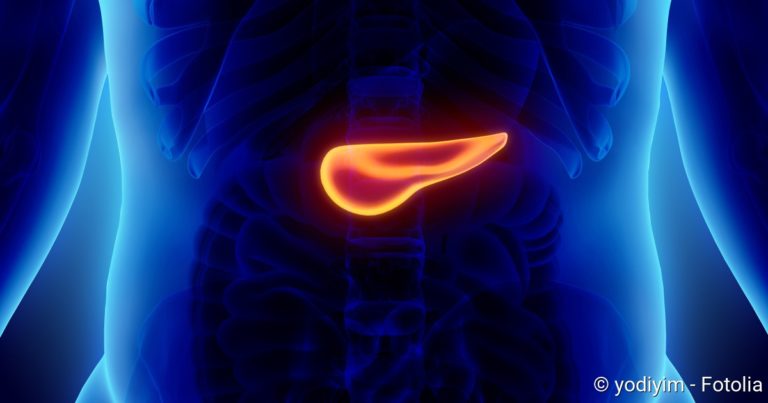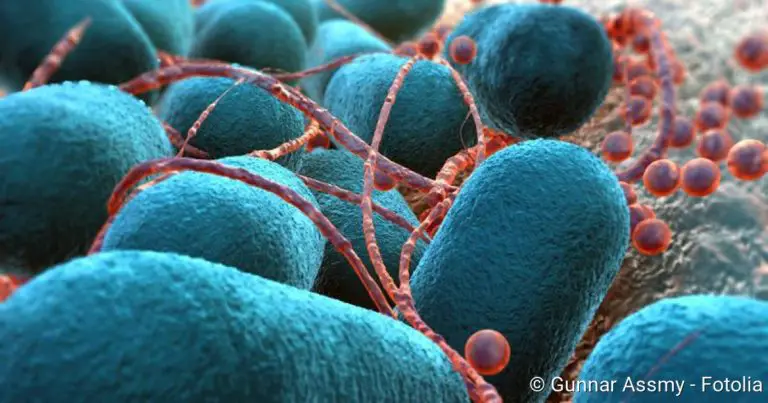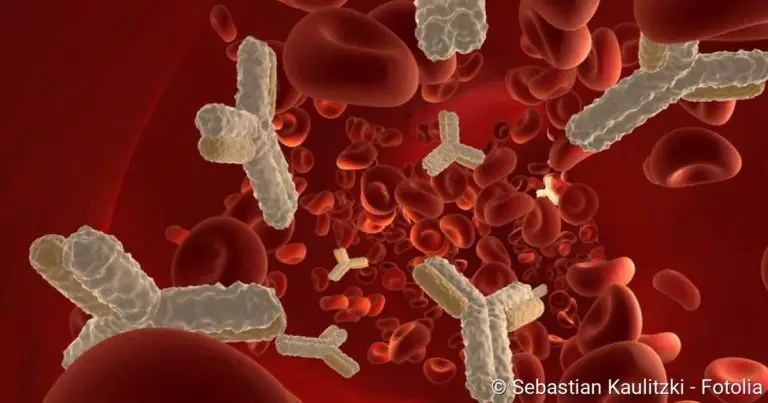Lipoma: causes, symptoms, treatment, prognosis
Lipoma: causes, symptoms, treatment, prognosis A lipoma is a lump under the skin, which is often troubling at first. Very often, however, there is a harmless cause behind it: A lipoma is a harmless new formation from fatty tissue. Lipomas do not necessarily have to be treated. But sometimes they hurt, become very large or…









